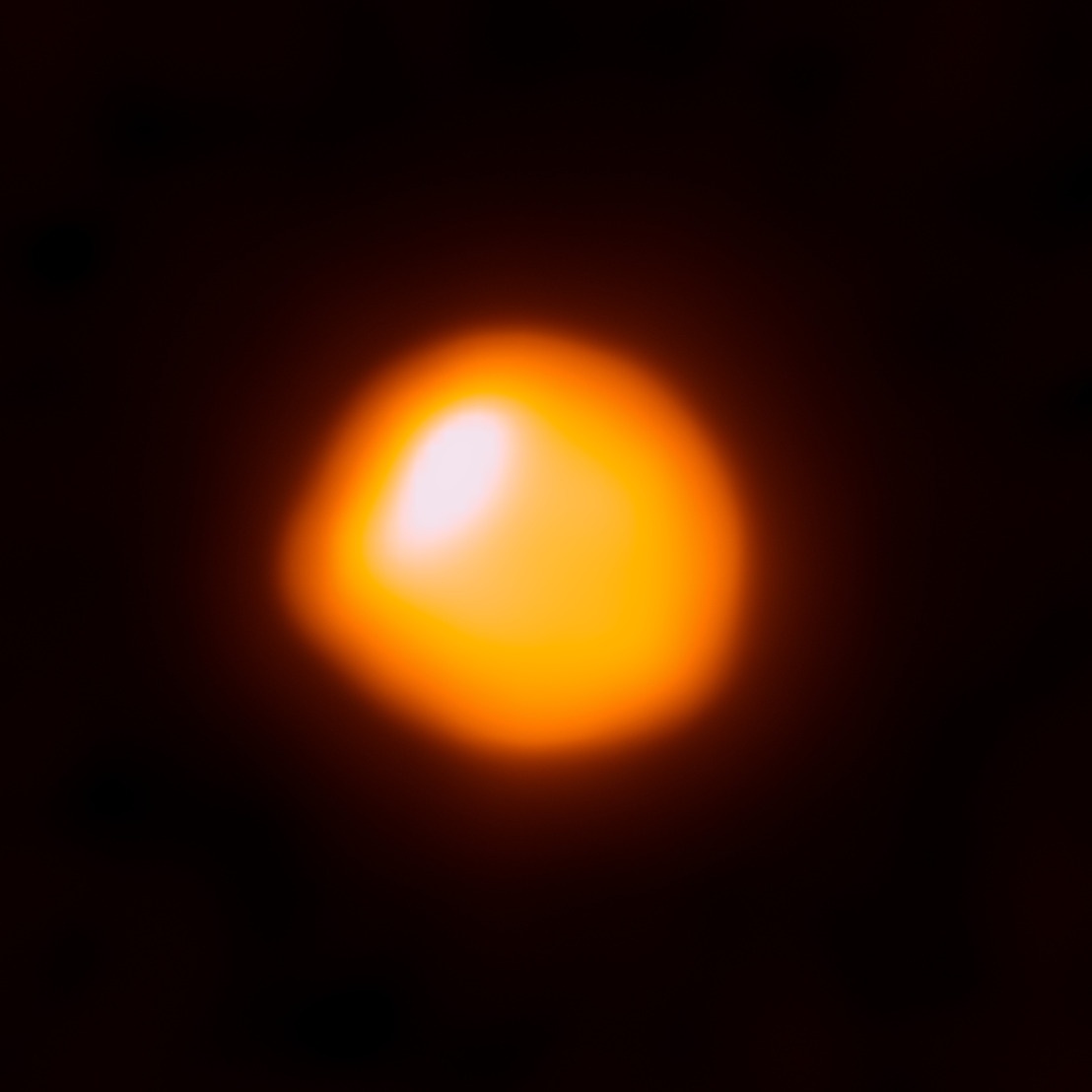What fascinates me about these things is, if it is “about” to go supernova, then it already has, hundreds of years ago. We just haven’t seen it yet.
The scale of things when dealing with astronomical objects really highlights these conceptual things, but this is true in everything we experience.
The baseball crossing over the homerun fence was hit seconds before it got there.
The arrow that pierced the target was launched well before it got there.
We just don’t consider those events as happening until we witness the objects pass whatever threshold we consider significant.
With light, though, we’re used to the time between the initiating event and the threshold being reached being functionally nil, so we don’t distinguish the difference.
Hmm that’s neat, from the article “We conclude that Betelgeuse is in the late stage of core carbon burning, and a good candidate for the next Galactic supernova,”
That would be wild to witness a supernova.
It would be crazy cool to see it go supernova, safe from most of the harmful effects and bright enough to light the way at night.
If it’s bright enough to light the way at night, isn’t it also close enough to cause significant harm?
no, I think it would only be potentially harmful if its poles were pointed directly at us and we were blasted with gamma ray bursts
This would be amazing to see in my lifetime. I have a 10 inch telescope I use to mostly look at the planets, but this would be big/bright enough to see clearly with it
My understanding is that that would be bright enough to cast shadows at night and last months.
From what I read it would be as bright/slightly brighter than a full moon for a few months. I would have to use my moon filter to not be blinded by looking in the telescope
It is exciting that in this case “soon” could mean tens of years instead of hundreds of thousands.






